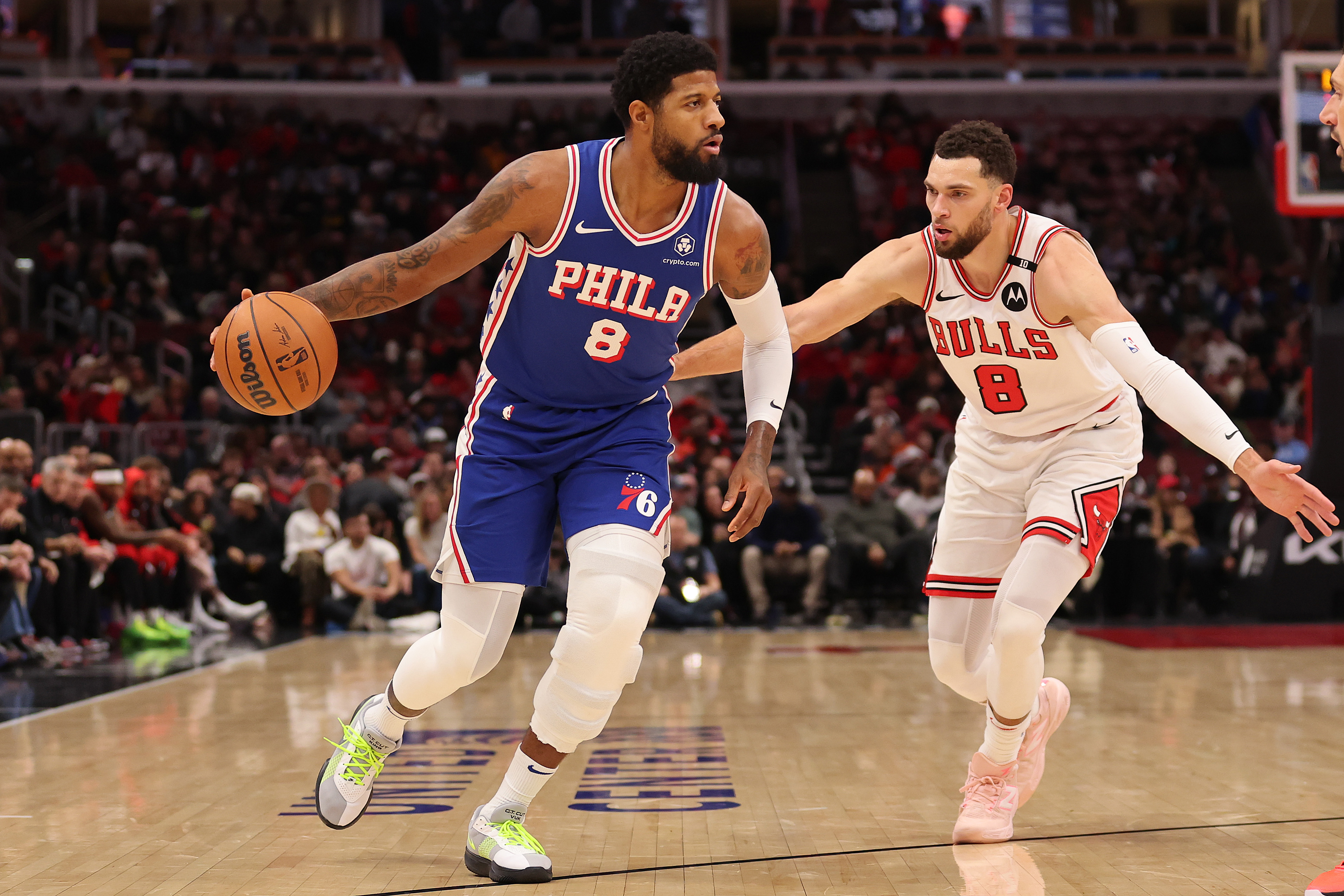What's New
On Friday, German Chancellor Olaf Scholz disregarded tech billionaire Elon Musk's backing of the far-right Alternative for Germany (AfD) party.
Why It Matters
Germany's election is expected to be held early after the chancellor lost a confidence vote on Monday. Monday's vote came after Scholz's three-party governing coalition collapsed last month over how to revive the country's stagnant economy.
Scholz is hoping to win a second term as a center-left Social Democrat. The chancellor's party, however, is trailing well behind the main opposition center-right Union bloc in the polls.
Meanwhile, Musk, an influential figure in American politics, has voiced support for the AfD. The AfD is polling strongly, but its candidate for chancellor, Alice Weidel, will realistically not become the leader of Germany as other parties refuse to work with her party.
What To Know
Musk made his views on the current political situation in Germany known in a post on the social media network he owns, X (formerly Twitter). In response, Scholz said the tech tycoon had "freedom of opinion."

What Did Elon Musk Say About AfD?
Musk wrote on X on Friday, "Only the AfD can save Germany."
Weidel thanked Musk in a video on X and said her party "is indeed the one and only alternative for our country; our last option, if you ask me."
What Did Olaf Scholz Say About Musk's Comment?
When asked about Musk's post at a news conference, Scholz said, "We have freedom of opinion—it also goes for multibillionaires, but freedom of opinion also means that you can say things that aren't right and don't contain good political advice."
"I say emphatically that the democratic parties in Germany all see it differently," he added.
What People Are Saying?
When asked whether Musk's comment would have any consequences for the German government's own presence on X, government spokesperson Christiane Hoffmann said Friday that the government has expressed concern about how X developed after Musk took over the network but has continued to decide to stay on it "because it is an important medium to reach and inform people and it brings significant disadvantages if the government, or the chancellor, is not represented on relevant social media."
What Happens Next
While an early election is likely, it is not yet set in stone. President Frank-Walter Steinmeier, who usually has a largely ceremonial role, must decide whether to dissolve parliament and hold an early election. His office said Friday that he would make an announcement a week from now.
If Steinmeier does decide to dissolve parliament and hold an early election, the election will take place on February 23, seven months earlier than initially scheduled.
This article includes reporting from The Associated Press.




















 English (US) ·
English (US) ·